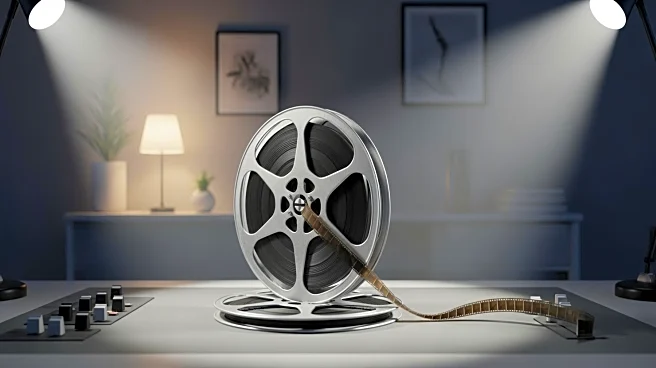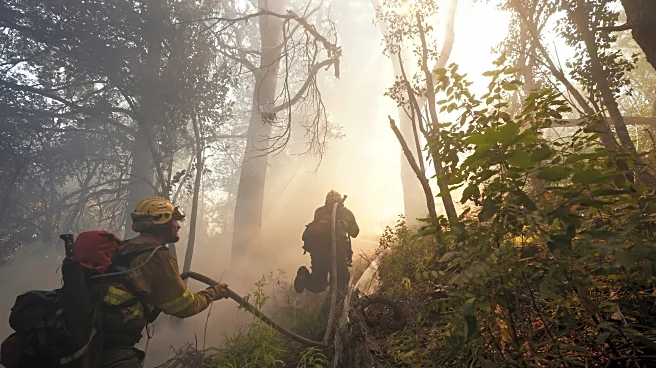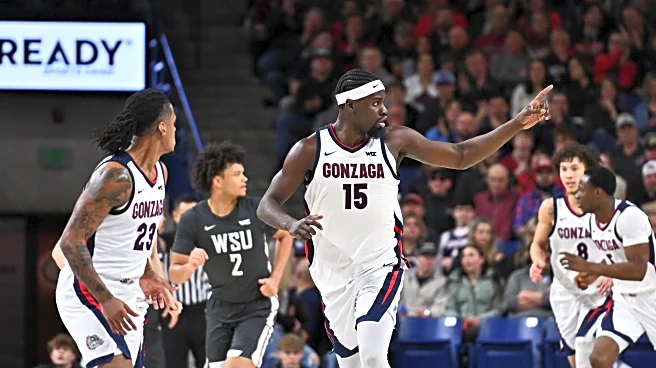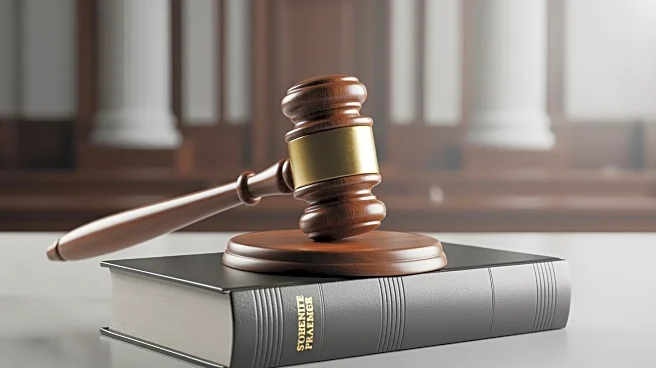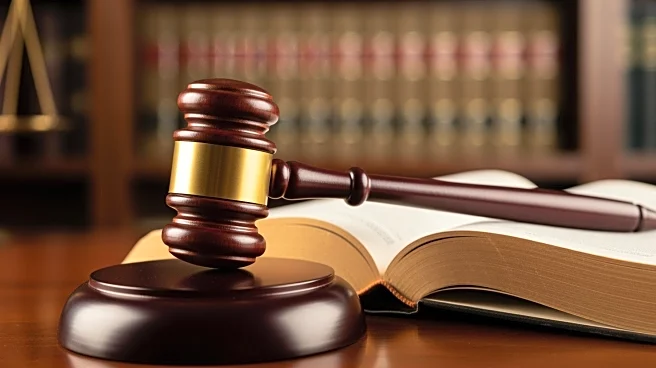What's Happening?
CBS News' '60 Minutes' provided an unprecedented look into its editorial process by releasing the full, unedited video and transcript of its interview with President Donald Trump. The interview, conducted
by Norah O'Donnell, included discussions on various topics such as Senate Democratic leader Chuck Schumer, investigations involving Trump's family, and U.S. foreign policy. The broadcast version aired only a portion of the 73-minute interview, prompting CBS to release the full content online. This move allowed viewers to see the editorial decisions made in crafting the televised segment, highlighting the balance between newsworthiness and clarity.
Why It's Important?
The release of the full interview offers transparency in journalistic practices, allowing the public to understand the complexities involved in news editing. This decision by CBS could set a precedent for how media outlets handle high-profile interviews, especially those involving controversial figures like President Trump. It also underscores the ongoing debate about media bias and the role of news organizations in shaping public perception. By providing the unedited content, CBS enables viewers to form their own opinions about the interview's content and context.
What's Next?
The decision to release the full interview may influence future media practices, potentially leading to more transparency in how news is edited and presented. It could also prompt other networks to adopt similar practices, especially in politically charged interviews. The reaction from political figures, media critics, and the public will likely shape the discourse on media transparency and accountability. Additionally, this move may impact CBS's relationship with political figures and its audience, as it navigates the balance between editorial judgment and public demand for transparency.
Beyond the Headlines
This development highlights the ethical considerations in journalism, particularly the responsibility of media outlets to provide accurate and fair reporting. The decision to release the full interview may also reflect broader cultural shifts towards greater transparency and accountability in media. It raises questions about the role of media in a polarized political environment and the impact of editorial decisions on public trust in journalism.
